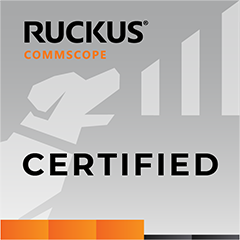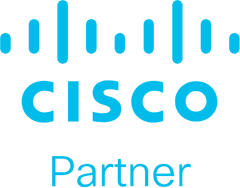Smart buildings are the future, they utilise an array of technology to optimise a building’s performance. In addition, connecting numerous systems will reduce spending & inefficiency of existing buildings.
Current smart buildings combine lighting, power, temperature, alarms, IP access controls and more to maximise the flexibility and controllability of the building. Additional sensors throughout the building aid the reduction in maintenance costs as the sensors triggers alerts when errors are discovered. These sensors also aide the collection of real-time data to positively influence the advancement of smart buildings.
You may think that only newly constructed buildings can become smart but that is far from the case. A range of older buildings can be upgraded to use a variety of technology to meet the needs of the client. Smart technology is not only for offices, but it can also be used in additional sectors such as retail to monitor footfall and adjust the store’s environment to benefit consumers.
What is more, smart buildings are being combined with renewable energy to reduce energy bills further, reduce carbon footprints and increase sustainability. Powering smart buildings with green energy is becoming more viable throughout the UK. In Scotland alone, the wind sector produces 2 times the among of energy needed to power Scotland. Combining the energy produced by the wind with solar, hydro and bio energy could create a substantial amount of sustainable energy to be imported from the National Grid by homes, businesses, and smart buildings.
Improved productivity is another benefit of smart buildings, combinations of technology can be used to monitor the use of space. If a large area receives low footfall the system can alert the client so they can re-evaluate the usage of space e.g. a large meeting room for 30 with minimal usage becomes 2 smaller meeting rooms for 10 clients and a quiet space for employees that later report increased regular usage.
Here at UCS we believe that a variety of industries will see an increased adoption of smart technology to future-proof buildings and provide a cohort of data that will greatly support further advancements within technology. The more we learn about technology the smarter spaces will become to assist business owners, employees and clients.









